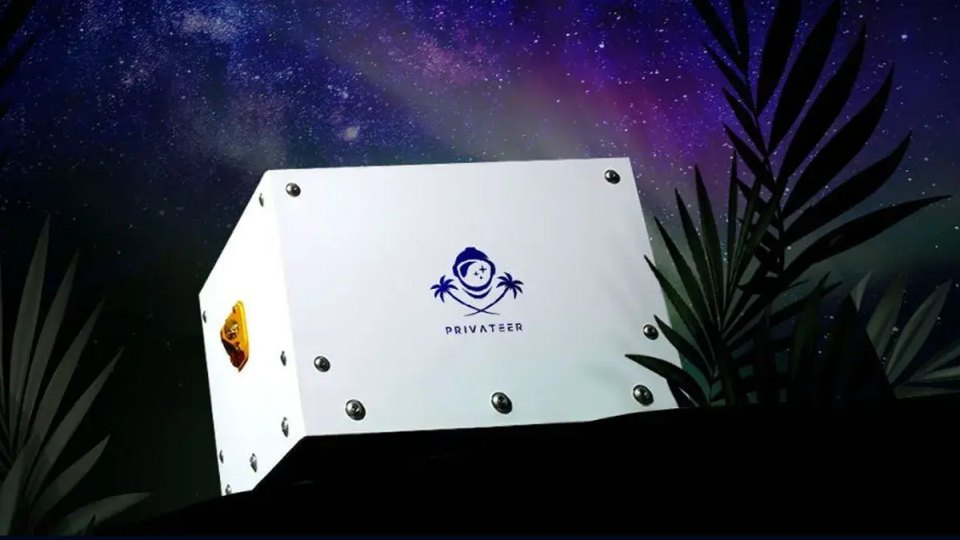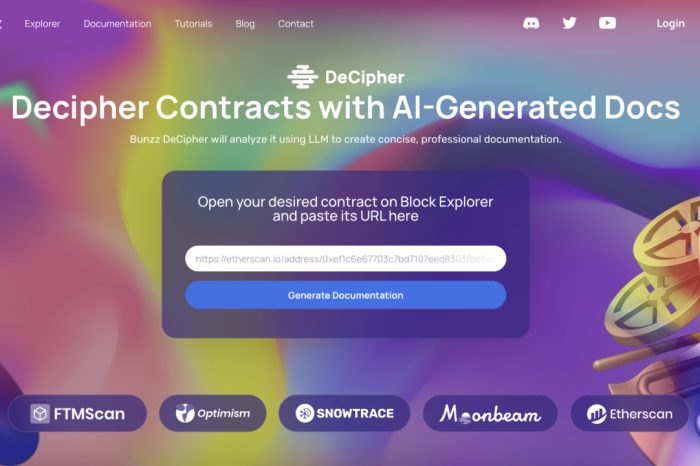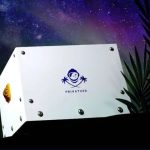Privateer, a space startup founded by Apple co-founder Steve Wozniak, wants to “ride-share” satellite data and democratize access

In September 2021, Apple co-founder Steve Wozniak launched Privateer, a space tech startup that aims to clean up space debris, defunct artificial objects in space—principally in Earth orbit—which no longer serve a useful function. Co-founded by Ripcord founder Alex Fielding, the startup said in a YouTube video that it was working to keep space safe and accessible to all humankind.
Fast forward almost two years later, Privateer is now embarking on an ambitious mission to democratize satellite access. The idea is to break away from the current exclusivity enjoyed by governments and private companies and offer mass access to satellite data.
Through its initiative, ordinary people can “rideshare” satellite data, enabling them to collectively lower the cost of accessing satellite images. Gizmodo estimates this could reduce the price per person from $500 to a mere $50.
To make this service possible, Privateer is creating a unique marketplace where users can search for the data they need. The app’s advanced algorithms will match one or more customers who can then share the costs of accessing the desired data. Artificial intelligence learning will play a key role in delivering “optimal regional data” to clients, helping satellite operators serve their customers better.
Moreover, Privateer has introduced Pono, a satellite attachment that boosts the data processing capabilities of satellites, further enhancing the overall experience. With this initiative and innovative technology, Privateer hopes to revolutionize satellite access and make it accessible to the masses.
With Pono, satellite operators can say goodbye to the hassle of downloading and processing data themselves. This innovative satellite attachment will handle data access and computations while still in orbit. Privateer has ambitious plans for Pono’s launch, aiming to deploy it on a SpaceX Falcon 9 rocket in December of this year. Additionally, they are already working on another prototype for a potential launch next year. The ultimate objective is to have Pono fully operational by
“With Wayfinder as the guide and Pono as the engine, Privateer is linking ‘for space’ and ‘from space,’ data drivers and data users, Silicon Valley and space, and economics and sustainability in the orbital environment,” Privateer CEO Alex Fielding said in a company blog post. “This is about refining and redefining how we, as a society, can maximize the life and utility of our satellites to enable new applications … while standardizing norms of behavior in space.”
According to Beau Holder, a spokesperson for Privateer, the company plans to utilize its satellite tracking app, Wayfinder, as the foundation for its marketplace. Wayfinder is currently used for tracking space objects and analyzing collision risks. The marketplace will be accessible to various end users, including Global 2K, commercial firms, developers, and researchers.
Privateer is determined to implement this marketplace system to curb the excessive launch of single-use satellites into orbit. Steve Wozniak drew a comparison to Uber’s short-lived pool rideshare approach, illustrating the company’s vision for a more efficient and collaborative satellite access system.
”Building a data ride-sharing economy in and from space, paired with our on-orbit AI, enables Privateer to give away the safety, sustainability, and optimization technology that helps earn satellite operators more customers while giving a global user base a way to access space that traditionally has been reserved for large governments only,” Wozniak said in the blog post. “This is similar to when GPS technology became available to the masses, and we expect it to have a similar impact,” he added.
“We’ll look out for one another. Solve problems together. It isn’t a race, it isn’t a competition or a game. We are not one person, one company, one nation. We’re one planet, explorers. We’re dreamers, risk-takers, engineers, stargazers. We are human and it’s up to us to do what is right and what is good. So here’s to taking care of what we have so that the next generation can be better, together,” said the voice-over from the video.
You can watch the video below.

